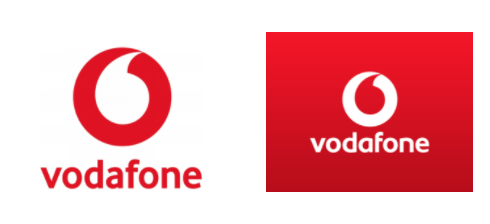When does a ‘refresh’ become a rebrand?
There are a whole host of reasons why businesses talk about ‘refreshing’ their brand instead of ‘rebranding’. But there’s actually a pretty clear definition argues brand strategist Sandy Belford.
When is a rebrand a rebrand and not a brand refresh? Well, it’s a little bit in the eye of the beholder. Generally, if you’re significantly changing the logo or the name, it’s a rebrand. If you’re changing anything else, it’s a refresh. But often when people are doing the latter, they call it a rebrand. And then the waters are muddied by advertising agencies that put out a new campaign and call it a rebrand.
Case in point is Vodafone. Last week the telco apparently “rebranded” its logo in an attempt to reposition the business as “looking to an exciting future”. I’ll give you a moment to take in the change.
I’ll give you a moment to take in the change.
As one commenter on Mumbrella quipped: “You’ve published the current logo twice instead of the new one.”
The font may have changed and the colours been inverted but it doesn’t look like a rebrand to me. It’s too subtle a shift. To claim it heralds the company’s ability to “innovate for the future” is pushing it.


Surely this whole argument is merely playing with sematics?
Given that a brand is not merely a logo, but rather the relationship between buyers and a business, I’d suggest it’s only a ‘rebrand’ if it changes the way the business actually behaves – whether the decoration of logo, visual identity, etc changes or not.
Lol AGL getting out of coal? If you mean by 2050, and in the meantime make billions of dollars out of the black stuff, then yes, I suppose they are eventually (in more than three decades and after goodness knows how many CEOs, management teams and boards who may take a different view) getting out of coal.
Wow. That is brave claiming that you did that agl logo. I would not put that in my portfolio.